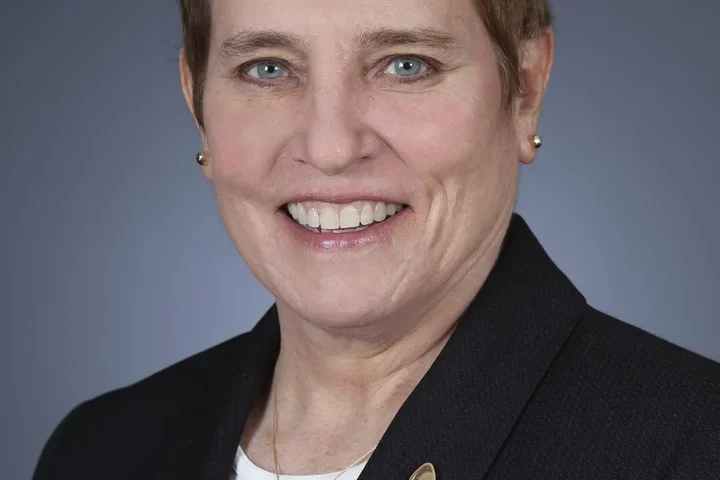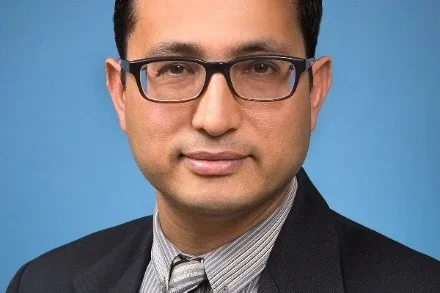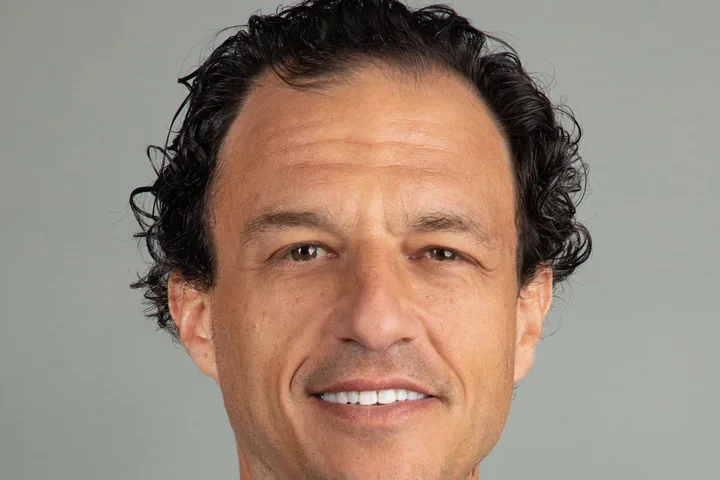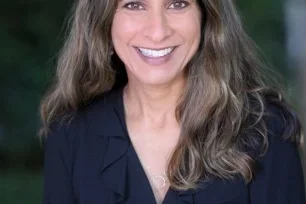Welcome from the Vice Dean of Inclusive Excellence
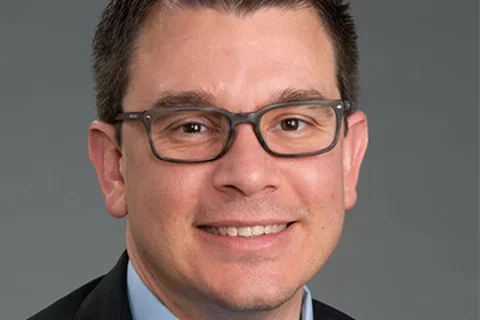
At the David Geffen School of Medicine (DGSOM) at UCLA, we often ask our students “what is your and?” We know people choose this medical school for our excellent medical training and the opportunity to heal patients, make discoveries, and become thought leaders in their discipline. However, at the DGSOM, we are also interested in what else – what other interests and passions do you have, and how will you be able to serve society, the practice of medicine, science, and social science?
Our faculty, staff, trainees, and students create a diverse mix of ideas and experiences that enhance our ability to train the next generation of socially minded leaders and discover cures, a responsibility we see as paramount. To this end, it is incumbent upon a school of medicine to teach, practice and conduct research in ways that acknowledge the disparate realities of our society. Racism, patriarchy, homophobia, Islamophobia, xenophobia, ableism, and so many other oppressive realities of our society make it difficult to find healing and solace.
At DGSOM, we recognize that our community must not only treat and research the medical condition, but we must also recognize and contribute innovative ways to address and prevent the social factors that reinforce marginalization and harm. In this way, the DGSOM strives to be a place where we are all accountable for building and maintaining justice and equity, in our interactions, in our research and clinical practices, and in our pedagogy.
In the Office of Inclusive Excellence, we acknowledge the challenge of culture change and we are guided by the literature that describes how deep, lasting change is only possible when there are systems and structures to guide change and reinforce new and emergent ways of being.
We have a rich diversity of identities and backgrounds in our DGSOM community and the best way to foster learning is to understand the experiences of someone new. This curious mindset will foster a critical understanding that allows you to appreciate the experiences of those around you, but also understand why those experiences are important. It is this critical mindset that challenges assumptions and stereotypes and will no doubt inform your “and.” Within this community there is a place for you, so come as you are.
